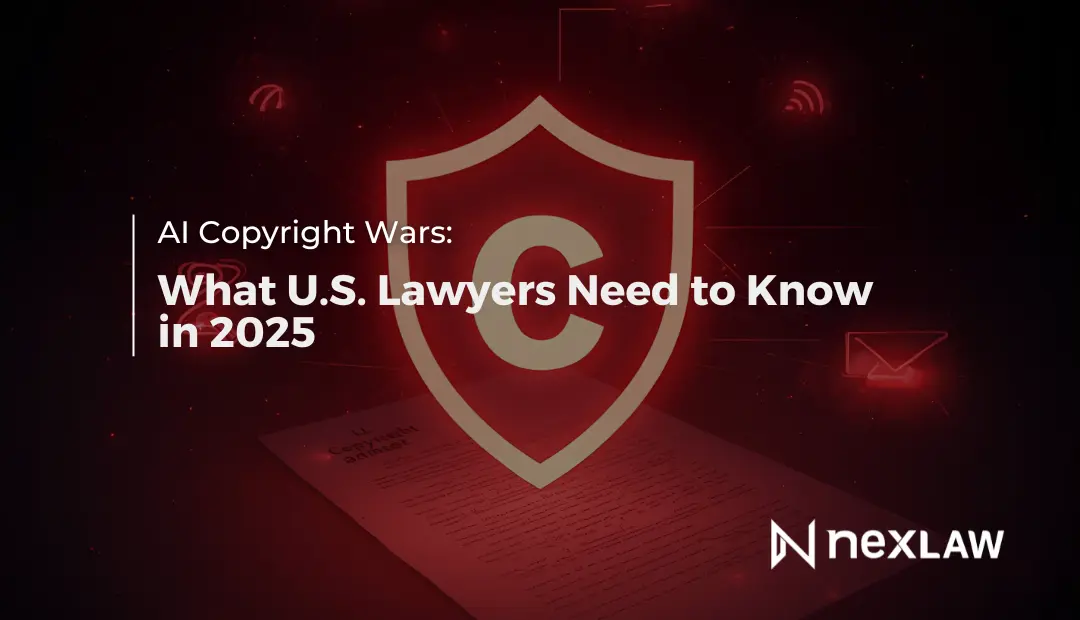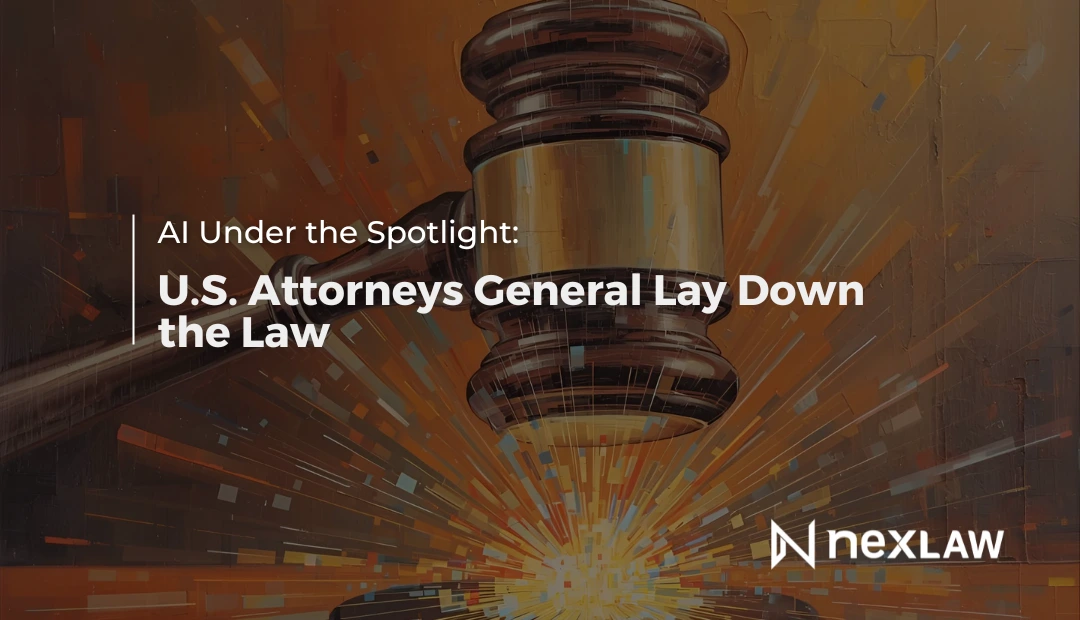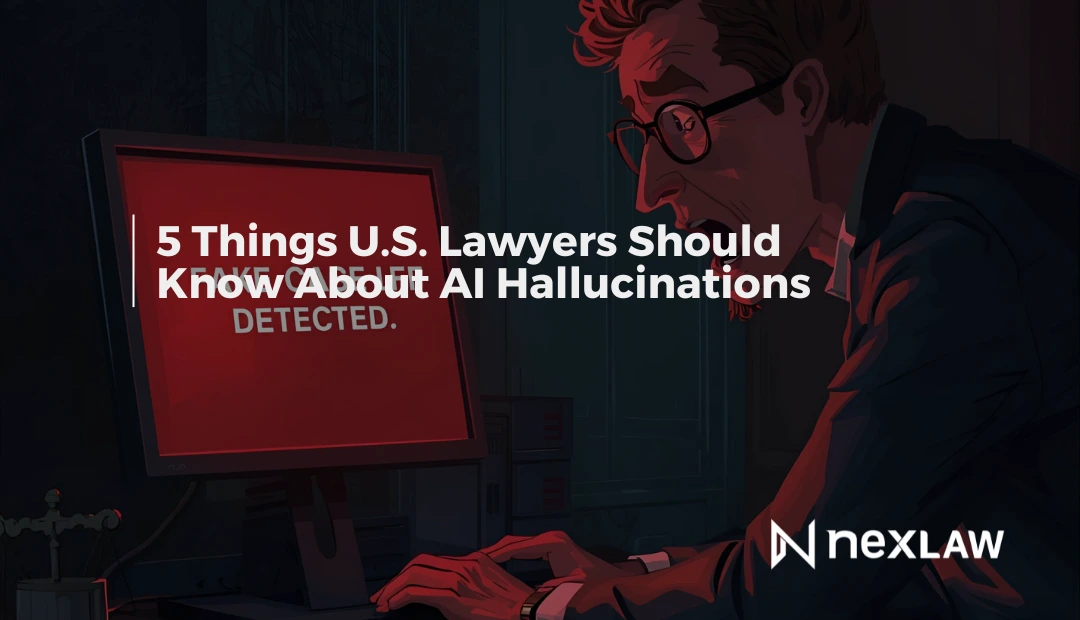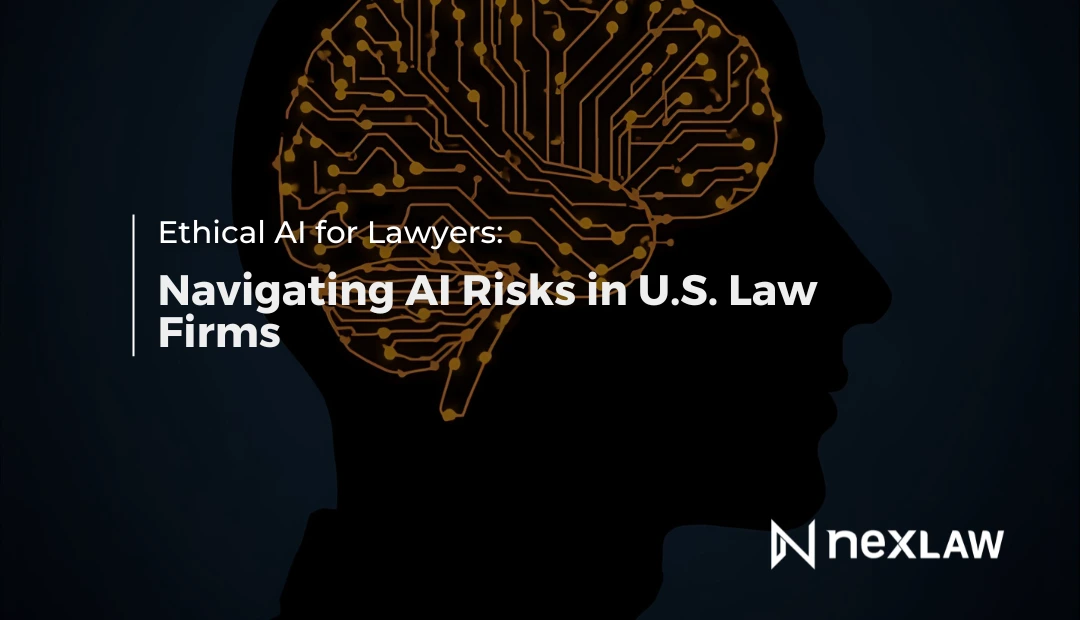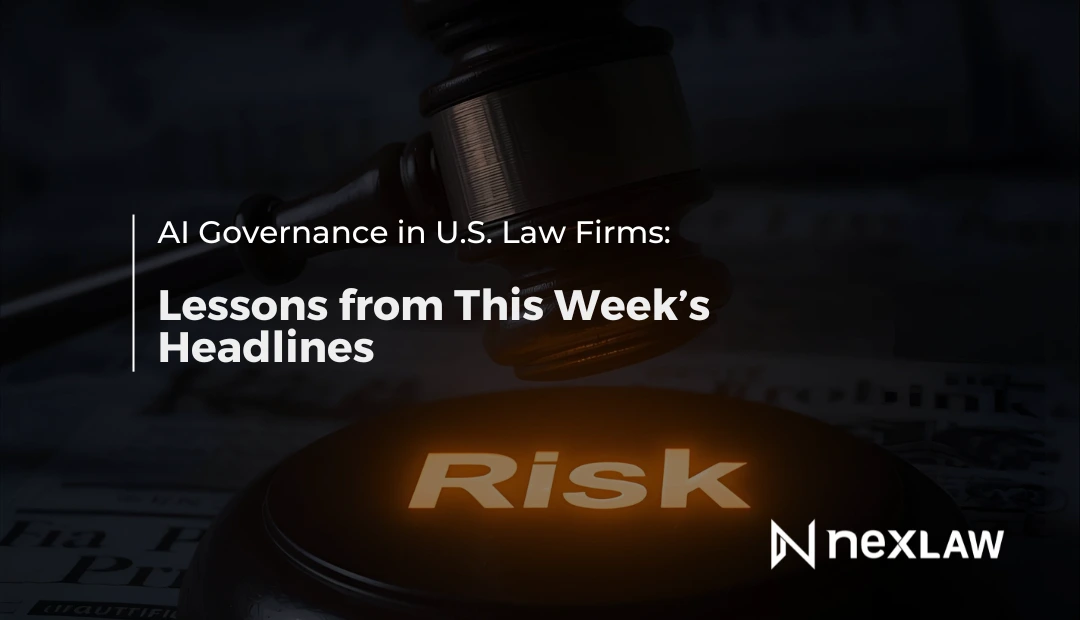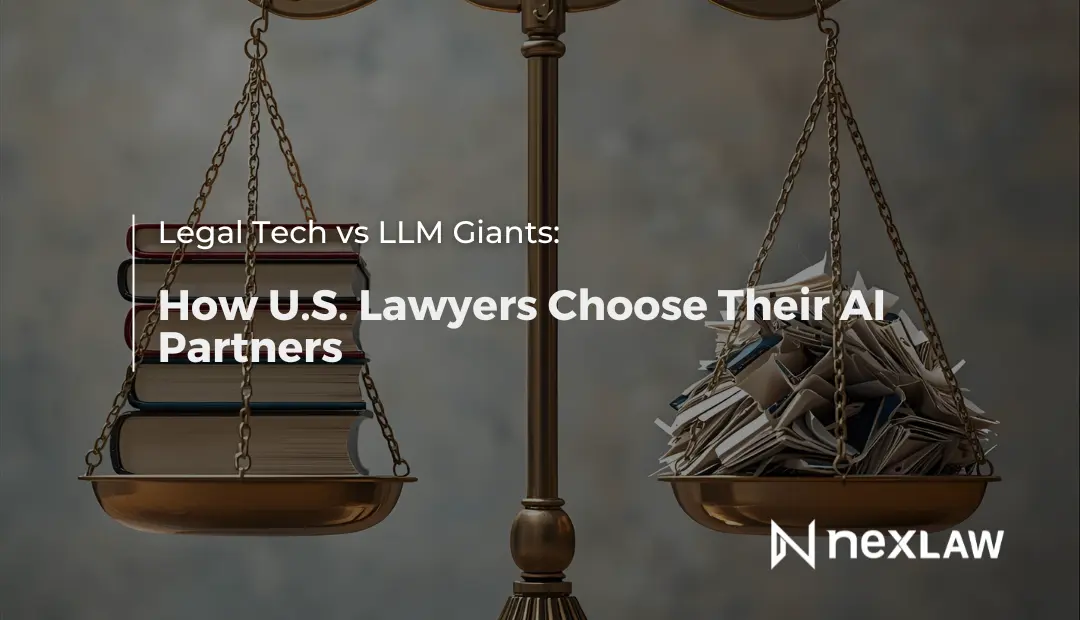AI Copyright Wars: What U.S. Lawyers Need to Know in 2025
The Evolving Landscape of AI and Copyright Law
Artificial intelligence is increasingly integrated into the legal profession, transforming workflows in document drafting, legal research, and case analysis. However, as AI tools become more widespread, the use of copyrighted material in AI training and outputs raises critical legal and ethical questions for U.S. lawyers.
Unlock Legal Insights Instantly!
The U.S. legal system is beginning to address these challenges. Lawsuits and ongoing debates have highlighted the need to carefully manage AI outputs, particularly where copyrighted content is concerned. Lawyers must understand that AI is not a neutral assistant, its use implicates copyright compliance, ethical obligations, and professional responsibility.
Key Implications for Lawyers
For legal professionals, especially those in intellectual property and litigation, several considerations emerge:
- Heightened Compliance Responsibilities Using AI without verification can inadvertently expose law firms to copyright infringement risks. Attorneys must ensure that AI-assisted drafting, research, and document generation respect intellectual property rights.
- Risk Management in AI Adoption Misuse of AI tools may lead not only to legal challenges but also reputational consequences. Firms should implement safeguards and workflows to monitor AI outputs and verify sources.
- Continuous Legal Education As courts, regulators, and the U.S. Copyright Office explore standards for AI use, lawyers need to stay informed about evolving best practices and legal interpretations.
Challenges with General AI Tools
Many law firms experiment with general-purpose AI platforms like ChatGPT, Anthropic Claude, or Google Gemini. While these tools can accelerate research and drafting, they carry risks for copyright compliance:
- Unverified Outputs: AI may generate content that inadvertently reproduces copyrighted material without proper attribution.
- Data Reuse Concerns: Some cloud-based AI tools retain user inputs, which could create legal or ethical issues if confidential or protected content is included.
- Limited Legal Specialization: General AI models are not designed specifically for U.S. law, increasing the potential for errors or misuse of copyrighted material.
The takeaway is clear: while general AI tools can enhance efficiency, they are not tailored to ensure compliance with copyright regulations or professional standards.
NexLaw: AI Designed for Legal Compliance
NexLaw | Your AI Legal Assistant addresses these concerns by combining AI efficiency with compliance safeguards, ensuring attorneys can leverage AI responsibly.
Key Features of NexLaw
- Copyright-Compliant AI Training NexLaw’s models are trained on verified, licensed, or proprietary legal datasets, reducing the risk of copyright violations.
- Real-Time Legal Updates The platform provides alerts on developments in copyright law, AI regulations, and case law, keeping attorneys informed.
- Audit Trails and Documentation Every AI interaction is logged and traceable, supporting accountability and compliance reviews.
- Customizable Workflows Law firms can tailor NexLaw to specific research or litigation processes, optimizing efficiency without sacrificing oversight.
By embedding compliance into daily workflows, NexLaw allows lawyers to work efficiently while mitigating potential legal risks.
Why Compliance Matters in AI Use
The use of AI in legal practice is not just about speed, it also implicates ethics, accountability, and professional responsibility. Even minor missteps in AI-assisted drafting or research could create risks for firms. Integrating verification, auditability, and copyright-conscious practices into AI workflows is essential.
Attorneys are still responsible for the accuracy and legality of their filings and documents, regardless of AI assistance. Using AI responsibly means adopting specialized tools, verifying outputs, and documenting workflows to ensure that all materials comply with intellectual property and professional standards.
Practical Strategies for Lawyers
To minimize risk and maximize AI benefits:
- Use AI Tools Built for Legal Practice: Specialized platforms reduce the chance of copyright or ethical violations.
- Verify All Outputs: Always cross-check AI-generated citations, references, and legal analysis.
- Document Processes: Maintain records of AI interactions and decisions to support accountability.
- Stay Informed: Follow court decisions, Copyright Office guidance, and regulatory updates regarding AI use.
These strategies help lawyers leverage AI as a reliable, ethical, and compliant assistant rather than a potential liability.
The Competitive Advantage of Specialized Legal AI
Compared to general AI models, NexLaw provides clear advantages:
| Feature | NexLaw AI | General AI (ChatGPT, Claude, Gemini) |
|---|---|---|
| Legal-Specific Training | ✅ | ❌ |
| Copyright-Compliant Outputs | Verified and traceable | Unverified, risk of infringement |
| Audit Trail | Full, transparent | Limited or none |
| Litigation-Focused Tools | Motion drafting, discovery, research workflows | Generic text generation |
| Compliance Alignment | ABA & state bar standards | No formal compliance |
By focusing on verified data, traceable outputs, and U.S. litigation workflows, NexLaw transforms AI into a reliable partner for attorneys.
Moving Forward
AI has enormous potential to enhance legal practice, from drafting to research and strategic analysis. However, without verification and specialized tools, law firms risk copyright violations, ethical lapses, and professional liability.
NexLaw bridges this gap by providing:
- Verified, copyright-compliant outputs
- Transparent audit trails for accountability
- Litigation-focused workflows designed for U.S. attorneys
- Tools to improve efficiency while maintaining client trust
In 2025, AI can help law firms work smarter, but only when used responsibly. NexLaw empowers legal professionals to embrace AI safely, efficiently, and ethically.
Lawyers who embrace AI today are shaping the legal profession of tomorrow. Whether you’re part of a litigation team, a solo attorney, or a paralegal eager to expand your role, NexLaw makes it possible.
NexLaw is designed to help paralegals and attorneys—solo or from small and mid-size—prepare cases more efficiently, with greater accuracy and strategic insight.
Book a Guided Demo — See how NexLaw fits seamlessly into your practice and transforms your workflows with a quick walkthrough
You can either start your free 3-day trial (no card required) or 7-day trial (card required) to get hands-on right away — Explore NexLaw risk-free and experience firsthand how AI can enhance efficiency, accuracy, and client satisfaction.
*t&c applied | visit our website for more details
With NexLaw, the future of litigation is here - AI-powered, accurate, and accessible.
